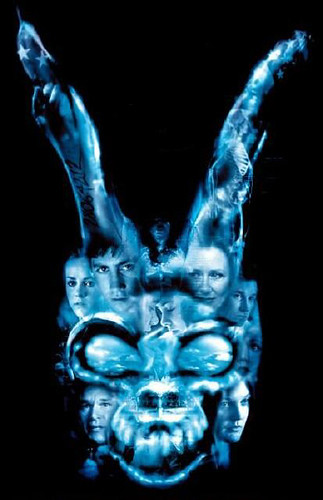Serbia’s populist leader relies on his tested playbook to mastermind another election victory
Darko #Darko

BELGRADE, Serbia (AP) — Aleksandar Vucic likes nothing more than to win. Critics say he cheats, but Serbia’s president shows he just knows the job of remaining in power.
The populist leader has ruled the Balkan nation for more than a decade as both prime minister and president. After his populists won a weekend snap parliamentary election, Vucic seems set to tighten his already autocratic rule still further.
During a political career that spans more than 30 years, Vucic has morphed from being an extreme nationalist who supported an aggression against non-Serbs, to a regional player lauded by Western officials for keeping the Balkans relatively stable.
The 53-year-old comes across as both pro-European and pro-Russian. He says Serbia should join the European Union but then bashes the EU at every opportunity. He appointed Serbia’s first-ever gay prime minister but later banned a pride march.
“This was an absolute victory and I am extremely happy about it,” Vucic said late on Sunday after declaring the triumph of his populists in the snap vote.
Critics say Vucic will do anything to keep power as long as possible.
Since ousting a pro-Western government at an election in 2012, Vucic and his ruling populists have gradually taken control over all layers of power, the mainstream media, the state institutions and companies.
As in all the elections during Vucic’s time in power, Sunday’s poll was marred by reports of voting irregularities and complaints that his control over pro-government media and shadowy funds used to bribe voters gave his party an unfair advantage once again.
“Though technically well-administered and offering voters a choice of political alternatives, (the elections) were dominated by the decisive involvement of the President which together with the ruling party’s systemic advantages created unjust conditions,” international election observers said in a report published Monday.
Zoran Stojiljkovic, a political analyst, said that Vucic played the main role in “manipulating” the election.
“He simply created a doomsday atmosphere,” Stojiljkovic said “It is political blackmail: if my party and my coalition do not win, then I won’t be president, and then you create a political crisis and you seek overwhelming support.
“And he did it, having in mind the very passive and hypocritical position of the political West, which places far more importance on having a stabilocrat in power than on democratic values,” he said.
Serbia, the largest country to emerge from the bloody breakup of the former Yugoslavia after wars triggered by late strongman Slobodan Milosevic, has commanded the attention of both the United States and the European Union as the pivot for many problems in the volatile region.
With war raging in Ukraine, analysts say the EU has been careful not to push Serbia further away, even as Vucic refused to join Western sanctions against Moscow. The U.S. and EU have worked closely with Vucic to try to reach a deal in Serbia’s breakaway former province of Kosovo which declared independence in 2008 where tensions at the border have threatened regional stability.
During the wars in the 1990s, Vucic was one of the leaders of the ultranationalist Serbian Radical Party which advocated the creation of a “Greater Serbia” that would include territories in Croatia and Bosnia where minority Serbs live.
He was known for fiery speeches, including one in Serbia’s parliament where he said that for each Serb killed in the Bosnian war, 100 Bosnian Muslims must die. He later said that he didn’t mean it literally.
Vucic was Serbia’s information minister in the late 1990s, when media critical of Milosevic were slapped with heavy fines or shut down altogether. Vucic shifted away from ultranationalism to an alleged pro-EU stance on the eve of his return to power after an election in 2012.
Angela Merkel, German Chancellor at the time, was considered to be his patron, helping to burnish his image with EU officials.
Jovana Gec contributed.